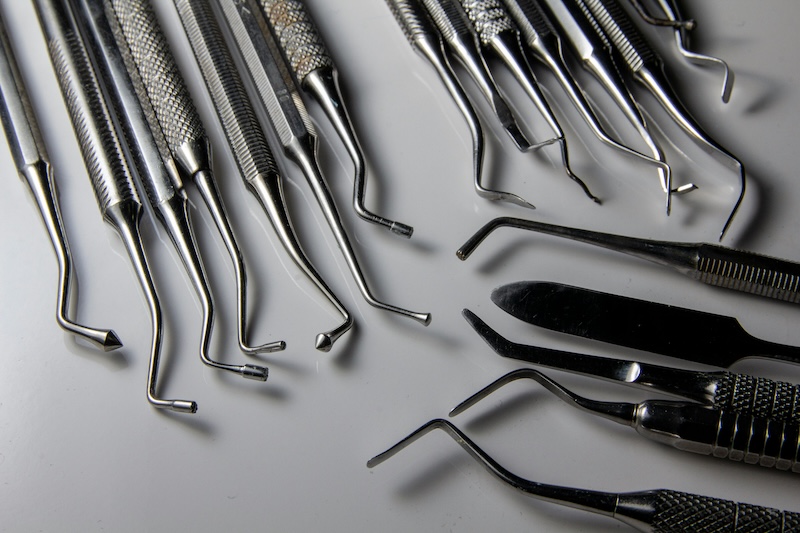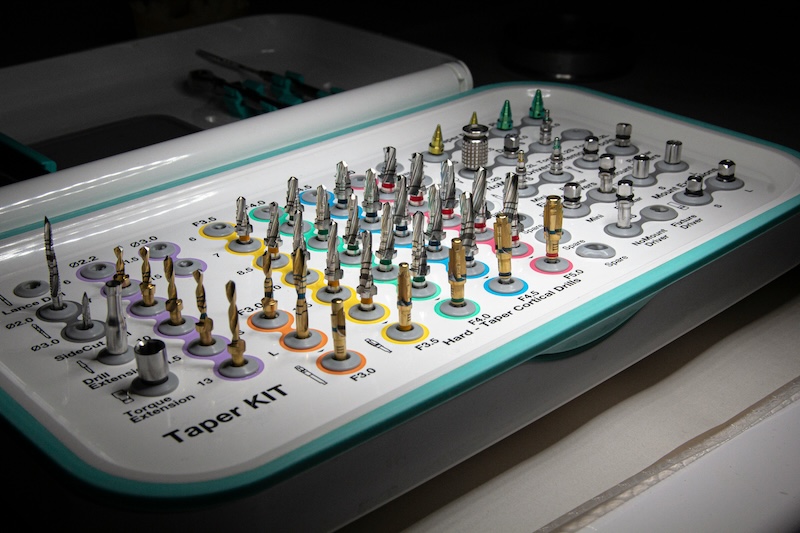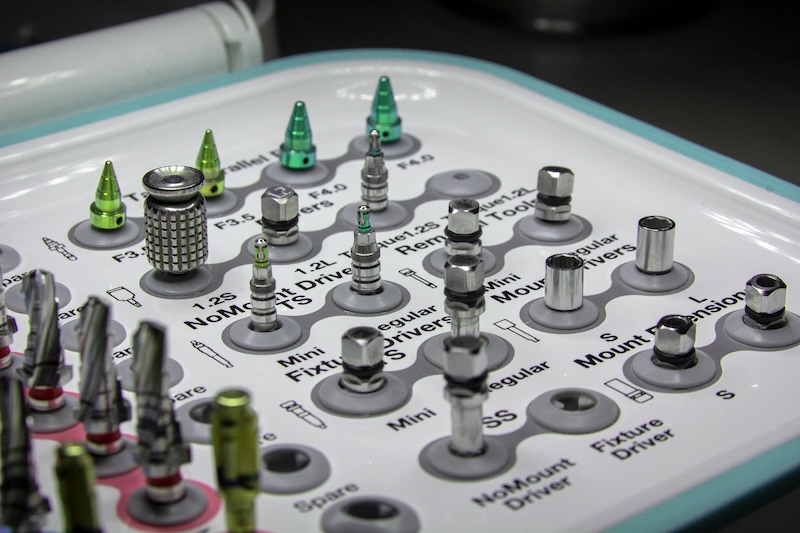Introduction: The Importance of Biocompatibility in Implant Materials
When it comes to implants, biocompatibility is a critical factor. A material’s ability to integrate with the human body without causing adverse reactions determines the success of an implant. Titanium alloys are widely regarded as the gold standard for biocompatibility, but how do they compare to other materials like stainless steel, cobalt-chromium, or ceramics?
Titanium alloys excel in biocompatibility, surpassing other implant materials by offering superior integration, corrosion resistance, and minimal adverse reactions. These qualities make them a leading choice for orthopedic, dental, and cardiovascular implants.
Let’s explore how titanium alloys compare to other materials and why they continue to lead in the medical field.
How Does Titanium’s Biocompatibility Outperform Stainless Steel?
Stainless steel is a commonly used material in implants due to its strength and affordability. However, it falls short when it comes to biocompatibility compared to titanium.
Key Comparisons:
• Corrosion Resistance: Unlike stainless steel, titanium alloys naturally resist corrosion, even in moist environments like the human body, reducing the risk of implant failure.
• Reduced Inflammatory Response: Titanium’s inert nature minimizes the chance of inflammation or rejection, which can occur with stainless steel implants.
In my experience, titanium alloys provide a safer and more reliable solution for patients who need long-term implants, especially in environments prone to moisture and stress.

Why Are Titanium Alloys More Biocompatible Than Cobalt-Chromium Alloys?
Cobalt-chromium alloys are known for their strength and wear resistance, but they may pose biocompatibility challenges, especially for patients with metal sensitivities.
Key Comparisons:
• Hypoallergenic Properties: Titanium alloys are hypoallergenic, making them a safer option for patients prone to allergic reactions, unlike cobalt-chromium, which may release metal ions.
• Better Bone Integration: Titanium’s ability to bond with bone (osseointegration) surpasses that of cobalt-chromium alloys, ensuring better implant stability.
For me, the hypoallergenic nature of titanium alloys has been a game-changer, providing peace of mind for patients with sensitivities while ensuring excellent integration with bone tissue.
Ceramics are often used for their excellent wear resistance and inert properties, but they lack the flexibility and toughness of titanium alloys, which limits their applications.
How Does Titanium Compare to Ceramics in Biocompatibility?
Key Comparisons:
• Flexibility and Strength: Titanium alloys can endure stresses and bending without breaking, unlike ceramics, which are brittle and prone to fracture under high stress.
• Enhanced Versatility: Titanium alloys are suitable for a broader range of applications, from dynamic joint replacements to dental implants, where flexibility is essential.
While ceramics have their niche uses, I find titanium alloys more versatile and durable, making them a better fit for dynamic and load-bearing implants.
How Do Titanium Alloys Minimize Metal Ion Release Compared to Other Materials?

One of the biggest concerns with metal implants is the release of ions into the body, which can lead to complications like inflammation or allergic reactions. Titanium alloys excel in this area.
Key Comparisons:
• Minimal Ion Release: Titanium forms a stable oxide layer that prevents metal ion release, unlike stainless steel or cobalt-chromium, which may corrode and release ions over time.
• Long-Term Safety: This stability makes titanium alloys a safer choice for long-term implants, reducing the risk of systemic complications.
In my practice, titanium’s ability to resist ion release has been crucial in ensuring the long-term safety and success of implants for patients.
How Does Titanium’s Corrosion Resistance Enhance Its Biocompatibility?
Corrosion can compromise an implant’s stability and lead to inflammatory reactions. Titanium alloys’ natural resistance to corrosion sets them apart from other materials.
Key Comparisons:
• Superior Resistance: Titanium’s passive oxide layer prevents corrosion in the body’s moist and saline environment, unlike stainless steel, which may rust over time.
• Longevity: This resistance ensures that titanium implants maintain their integrity, even decades after implantation.
For patients requiring permanent implants, titanium’s corrosion resistance is a critical advantage, offering both safety and durability.
Why Is Titanium the Preferred Material for Osseointegration?
The ability of an implant to bond directly with bone tissue is a significant factor in its success. Titanium alloys are unmatched in their osseointegration capabilities.
Key Comparisons:
• Bone Growth: Titanium’s surface promotes bone growth, ensuring a secure and stable implant, whereas materials like cobalt-chromium lack this property.
• Reduced Micromotion: A stable bond reduces micromotion at the implant site, minimizing discomfort and improving healing.
I’ve seen how titanium’s osseointegration leads to faster recovery and improved outcomes, making it the top choice for dental and orthopedic implants.
Claim: Why Titanium Alloys Are Superior for Medical Implants
Titanium alloys surpass other materials in biocompatibility due to their corrosion resistance, minimal ion release, hypoallergenic properties, and ability to integrate with bone. These characteristics make them the gold standard for a wide range of medical implants.
Conclusion: Why Titanium Alloys Lead in Biocompatibility for Implants
From orthopedic to dental and cardiovascular applications, titanium alloys stand out as the most biocompatible material for implants. Their ability to resist corrosion, integrate with bone, and minimize adverse reactions ensures long-term safety and effectiveness.
In my experience, choosing titanium alloys for implants has consistently delivered superior patient outcomes. Their unmatched biocompatibility and durability make them an indispensable material in modern medicine, providing patients with solutions they can trust for years to come.






